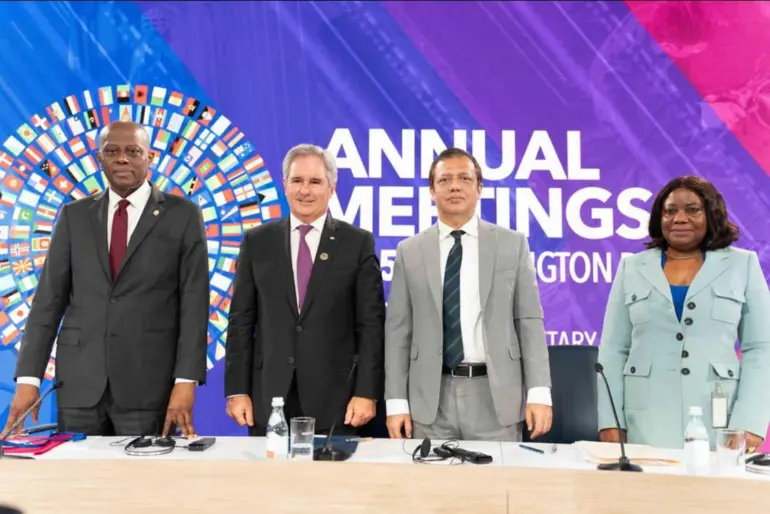Nigeria has assumed the chairmanship of the Intergovernmental Group of Twenty-Four (G-24), with a commitment to amplify the voices of developing countries and drive inclusive reforms in the global economic system.
The country will officially take over leadership of the influential group on November 1, 2025, the Central Bank of Nigeria (CBN) announced in a series of posts on its official X handle on Wednesday.
Formed in 1971, the G-24 brings together developing nations to coordinate common positions on international monetary and development finance issues, ensuring that their collective interests are represented in key global economic discussions.
Speaking on behalf of the Minister of Finance and Coordinating Minister of the Economy, Wale Edun, CBN Governor Olayemi Cardoso reaffirmed Nigeria’s dedication to strengthening the group’s influence on the world stage.
“Our focus will be on sustaining momentum in areas that matter most to our members,” Cardoso said. “We look forward to working collaboratively to advance our shared mission of inclusive growth, equity, and global stability.”
Cardoso emphasized Nigeria’s determination to ensure that the G-24 remains a powerful platform for advocating the priorities of emerging and developing economies.
This leadership role follows Nigeria’s consistent push for deeper global investment and trade partnerships. In 2024, Minister Edun had urged member countries to explore opportunities in Nigeria’s key sectors — including manufacturing, agriculture, and oil and gas.
He also highlighted Nigeria’s vast agricultural potential, noting that the country holds one of the world’s largest expanses of arable land, second only to Brazil. This, he said, positions Nigeria to transform from a major food importer to a global food export leader.
As chair of the G-24, Nigeria is expected to play a pivotal role in shaping international economic discourse, with a strong focus on equitable development and financial inclusion for the Global South.


